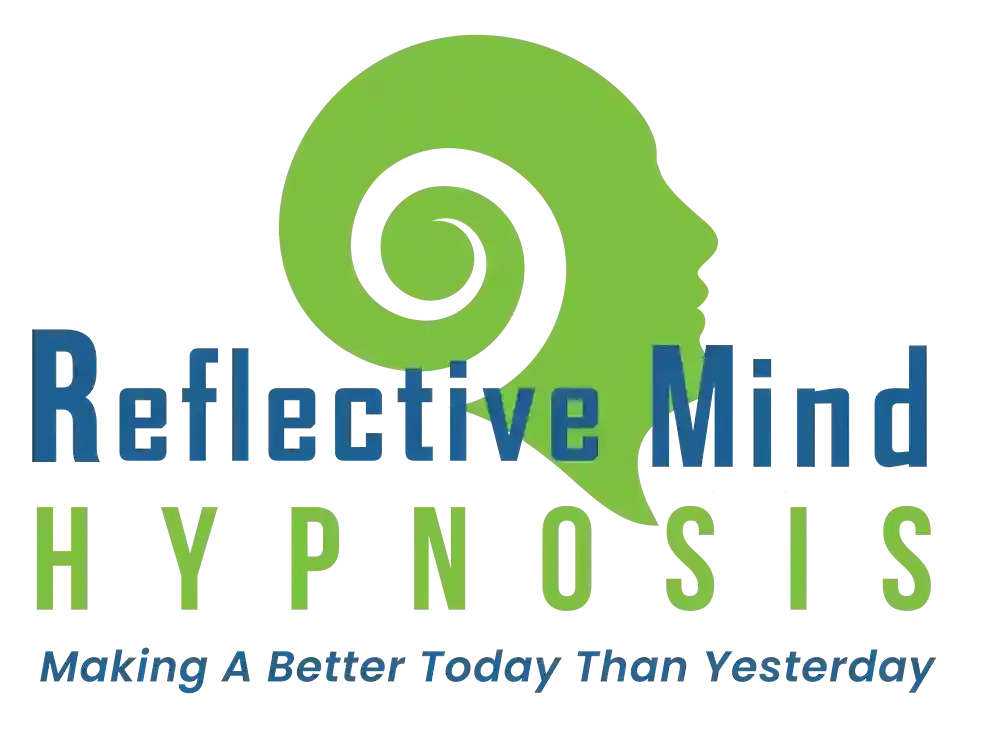Where am I?
Looks like you’ve got lost.
The page you’re looking for doesn’t exist or has been moved

DISCLAIMER In no way are Reflective Mind Hypnosis Center or Wayne Walker's services to be interpreted as providing medical or psychological services. Wayne Walker encourages you to make your own healthcare decisions based on your research and in partnership with a qualified healthcare professional. Neither Reflective Mind Hypnosis Center nor any representatives nor hypnosis sessions with Wayne Walker are meant to diagnose, treat, prescribe, or claim to cure any disease. Clients are advised that they should consult with their own medical practitioners and medical professionals for the diagnosis, care, treatment, or cure of any health condition.
Copyright © 2025 Wayland Harold Walker Jr. All Rights Reserved.


